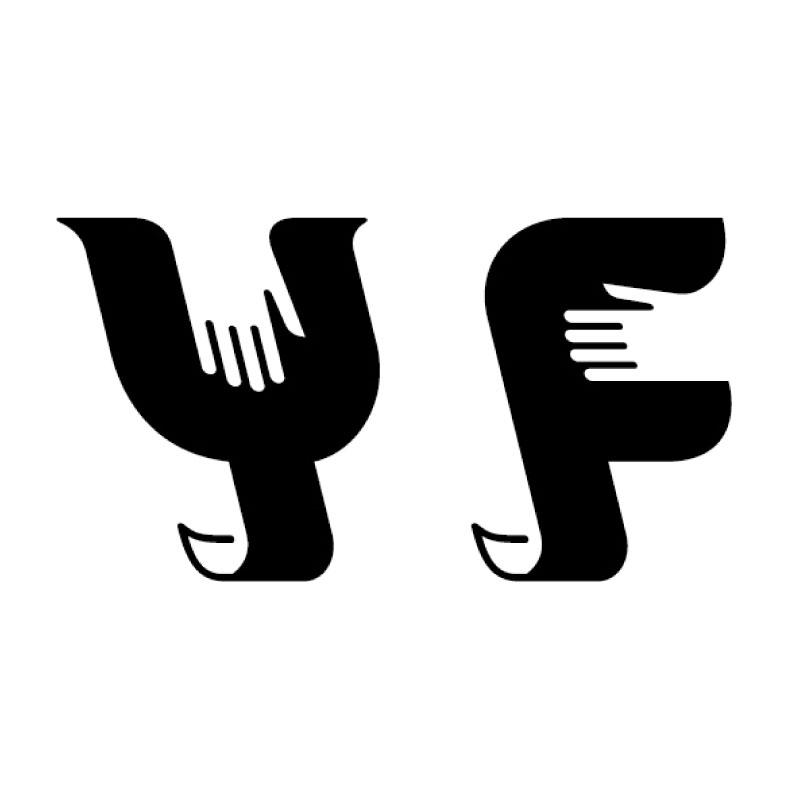- 56
The Art of Deception
2015
www.isaacmonte.nl
Humans use deception to achieve perfection in society, art and science. Reacting to this through art, we have taken discarded pig hearts and transformed them into elegant vessels for new life by decellularizing them and re-populating them with various techniques, into aesthetically improved hearts for humans. Decellularization marks a new era of synthetic biology – organs are stripped of their cellular contents, leaving behind a sterile scaffold that can be repopulated with stemcells. While the medical utilization of this resource is being realised, the artistic and creative value of ghost organs represents unexplored territory. With this collection of 21 transformed hearts we explore how biological interventions and aesthetic manipulation can be used as tools for the ultimate deception: the transformation of inner beauty, from grotesque to perfect. Can the ghost organ be a blank canvas for designers? Can organs be objects of design? Will humans be able to manipulate organs for aesthetic purposes? The discarded dead hearts will not function as canonical organs, but rather as a representation of how far science can manipulate the human body.
Isaac Monté
Isaac Monté is a Belgian design activist based in Rotterdam. He creates design objects and installations as a reaction to social, ecological or economical problems. He uses design as a medium to transform forgotten or overlooked problems into possibilities and opportunities. His previous works include Filter Factory, birdhouses made out of cigarette filters and Les Sauvages, a collection of masks made out of fur from roadkill. In 2015 Isaac received the Bio Art and Design Award, which gave him the opportunity to create The Art of Deception in collaboration with Toby Kiers, Professor in Evolutionary Biology at the VU in Amsterdam.
Toby Kiers
Toby Kiers is evolutionary biologist and Professor of Mutualistic Interactions at the VU Amsterdam. Toby's research focuses on how cooperation between species (mutualisms) respond and evolve together within a rapidly changing world, with the ultimate aim of linking this to environmental changes. All around us organisms are engaged in intimate cooperations and trades. From the intestinal bacteria in our guts to the bees that pollinate crops, we actually know very little of how cooperative relationships evolve in nature. Toby Kiers is also on the Mediamatic board of advisers.
In collaboration with Professor Toby Kiers (Free University Amsterdam)
Commissioned by Bio Art & Design Awards, with the support of ZonMw (The Netherlands Organisation for Health Research and Development).
www.isaacmonte.nl
Humans use deception to achieve perfection in society, art and science. Reacting to this through art, we have taken discarded pig hearts and transformed them into elegant vessels for new life by decellularizing them and re-populating them with various techniques, into aesthetically improved hearts for humans. Decellularization marks a new era of synthetic biology – organs are stripped of their cellular contents, leaving behind a sterile scaffold that can be repopulated with stemcells. While the medical utilization of this resource is being realised, the artistic and creative value of ghost organs represents unexplored territory. With this collection of 21 transformed hearts we explore how biological interventions and aesthetic manipulation can be used as tools for the ultimate deception: the transformation of inner beauty, from grotesque to perfect. Can the ghost organ be a blank canvas for designers? Can organs be objects of design? Will humans be able to manipulate organs for aesthetic purposes? The discarded dead hearts will not function as canonical organs, but rather as a representation of how far science can manipulate the human body.
Isaac Monté
Isaac Monté is a Belgian design activist based in Rotterdam. He creates design objects and installations as a reaction to social, ecological or economical problems. He uses design as a medium to transform forgotten or overlooked problems into possibilities and opportunities. His previous works include Filter Factory, birdhouses made out of cigarette filters and Les Sauvages, a collection of masks made out of fur from roadkill. In 2015 Isaac received the Bio Art and Design Award, which gave him the opportunity to create The Art of Deception in collaboration with Toby Kiers, Professor in Evolutionary Biology at the VU in Amsterdam.
Toby Kiers
Toby Kiers is evolutionary biologist and Professor of Mutualistic Interactions at the VU Amsterdam. Toby's research focuses on how cooperation between species (mutualisms) respond and evolve together within a rapidly changing world, with the ultimate aim of linking this to environmental changes. All around us organisms are engaged in intimate cooperations and trades. From the intestinal bacteria in our guts to the bees that pollinate crops, we actually know very little of how cooperative relationships evolve in nature. Toby Kiers is also on the Mediamatic board of advisers.
In collaboration with Professor Toby Kiers (Free University Amsterdam)
Commissioned by Bio Art & Design Awards, with the support of ZonMw (The Netherlands Organisation for Health Research and Development).


